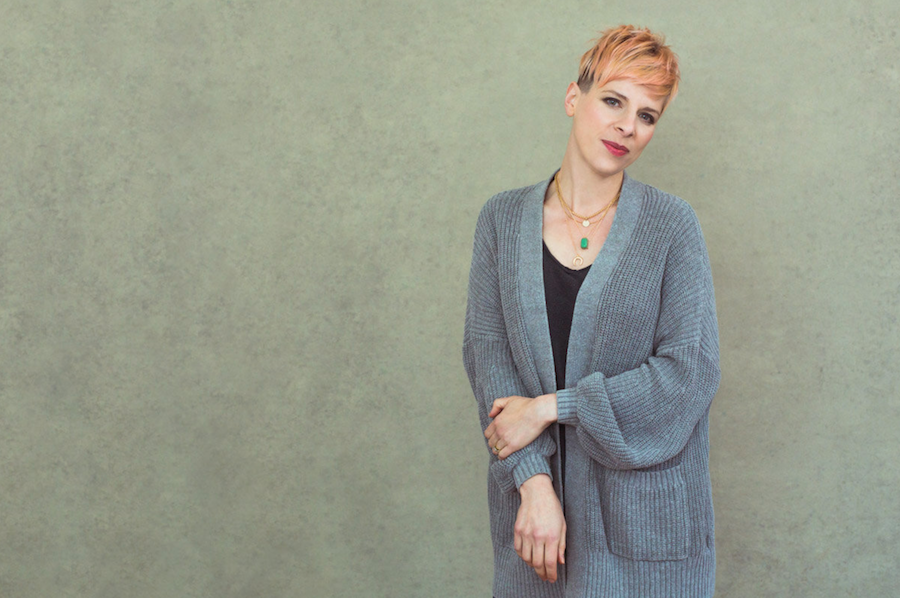During their training, student midwives learn essential skills for the preservation of life. For the safety of women and other birthing people, students learn how to identify and manage illness and emergency, how to facilitate physiological birth, how to support parents during necessary interventions, and how to lay the foundations for a lifetime of reproductive health. For the safety of babies, students learn how to assess and interpret the fetal heart rate, how to manage neonatal emergencies, how to support effective feeding and how to identify and treat problems such as jaundice and weight loss. But even this highly specialised knowledge isn’t enough in a maternity service that’s more pressurised and fraught with danger than ever. Students aren’t learning the essential skills they need to keep their registration, stay proud of their practice and preserve their own wellbeing. All other expertise becomes moot in the absence of this most crucial skill set.
Since the publication of my memoir, Hard Pushed: A Midwife’s Story, I have been surprised but delighted to have become a confidante for student midwives. In spite of the fact that my book paints a less than rosy picture of our role, I continue to receive countless messages from students about their personal and professional aspirations. Over the years, these messages have served as a kind of weathervane for the general midwifery climate. Lately, my DMs have indicated that the climate is stormy, and that students feel like they’ve been sent into the monsoon without an umbrella.
Students learn valuable clinical skills, from palpation and auscultation to suturing and cannulation, but in today’s midwifery maelstrom, these skills alone are inadequate. They allow us to promote the survival of those in our care, but they do little for our own safety. I would argue that, in addition to OSCEs and placements, university curricula need to incorporate a new set of survival skills that will equip student midwives for the very real challenges of today’s maternity services.
Students need to learn how to professionally and effectively escalate concerns about dangerous working conditions, including excessive workload and insufficient staffing. They need to learn how to document in a way that will safeguard their registration, should an adverse incident occur. They need to learn how to write statements when these are requested by clinical risk teams. They need to learn to say no when unfair burdens are being placed upon them, and to say yes to advocating for themselves as well as for the people in their care. Perhaps most crucially, they need to understand the meaning of burnout, anxiety, moral distress and vicarious trauma, and they need to know how to prevent, identify and resolve these issues.
In today’s maternity environment, it’s not a matter of if bad things will happen, but when. To pretend otherwise is to be wilfully naive, and to leave students poorly prepared for the challenges that inevitably await them. This statement may sound gloomily pessimistic, but it is only by learning these skills of self-preservation and self-advocacy that we can hope to build a system that’s safe and empowering for both practitioners and parents. I am not optimistic that change will come in a hurry, but I am hopeful that a more pragmatic mode of training will arm our students and newly qualified midwives to practice in a way that is clinically and emotionally sustainable,.
I am working on developing workshops that will introduce students to some of these critical skills, and I look forward to rolling these out to any interested midwifery societies around the country. I’m just one person, though, with my own challenges, my own career and my own need for headspace and self-preservation. Degree programmes across the UK need to look at today’s environment and ask themselves whether they are equipping student midwives with the skills needed to survive and thrive after qualifying. Failure to do so will be an injustice to these passionate, enthusiastic and dedicated young women and men, and to the families they will eventually serve.
Leah Hazard is a midwife in Scotland, host of podcast What The Midwife Said, and author of The Father’s Home Birth Handbook, Hard Pushed: A Midwife’s Story, and the forthcoming book Womb: The Inside Story of Where We All Began (coming in March 2023 and available for preorder at bookshop.org).
Leah can be found on Instagram @leahhazard, Twitter @hazard_leah and through her website leahhazard.co.uk.
Leah Hazard is speaking live at the Scotland Maternity and Midwifery Festival on Tuesday 23 November
Register your place to hear Leah speak about Midwifing the midwives: tools for survival in today’s NHS here: https://www.eventbrite.co.uk/e/116993734409



